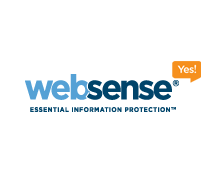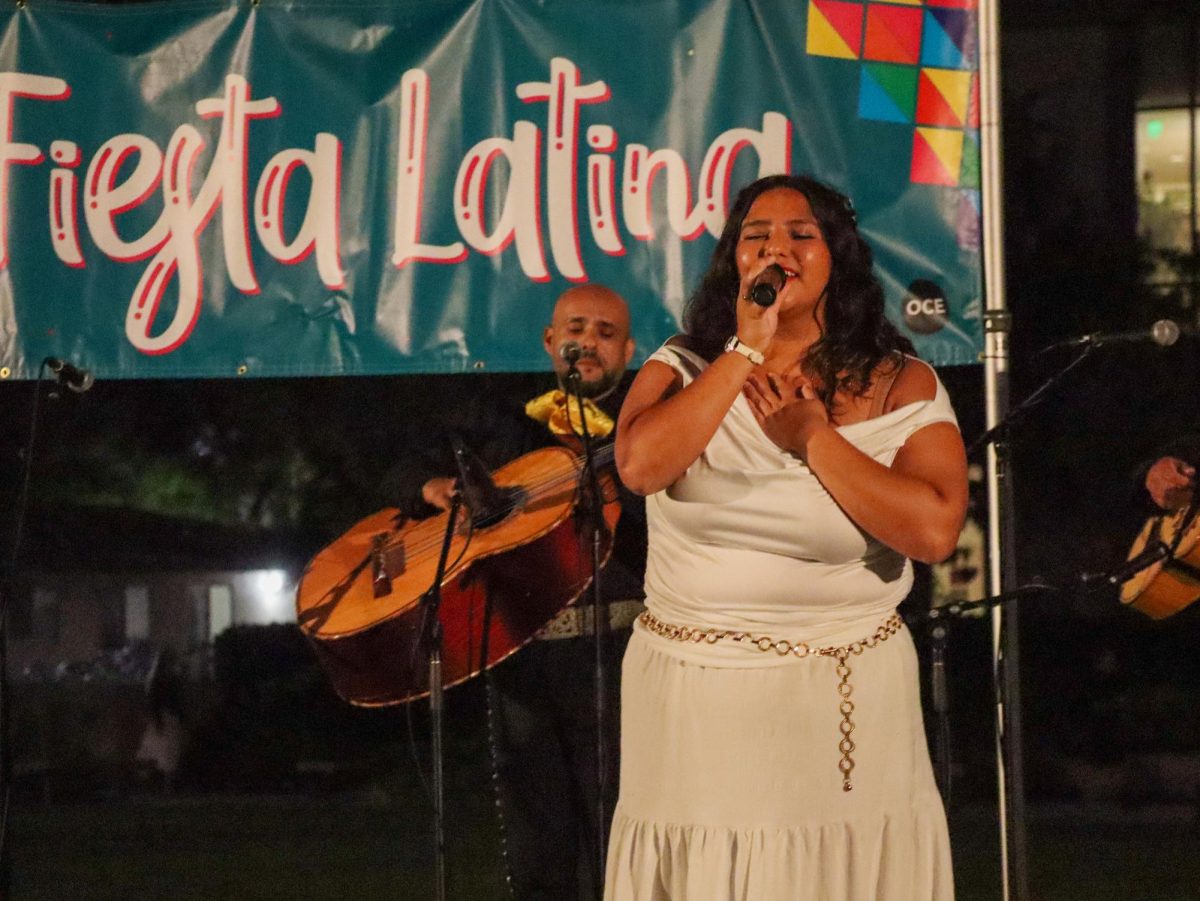Student Development is partnering with Information Technology to transfer Biola’s Web filtering services from Websense, Inc. to Cisco Systems, Inc. in the coming weeks, according to Scott Himes, director of network operations.
Biola has been filtering the Web since the early ‘90s and has always used Websense, said Steve Earle, director of technology services. However, the new Web-filtering program from Cisco, officially named Cisco ASA CX Context-Aware Security, will reduce costs and extra hardware used for filtering, Earle said. IT intended to have the new system up and running by the beginning of the spring semester, Himes said, but late reception of the hardware pushed the date back and the official launch date has not yet been set.
New filtering is easier on the finances
The main driving force behind the move to Cisco was cost, Earle said. Websense based its service on number of devices accessing the network, which has sharply increased with the growing number of students with laptops and smartphones, according to Himes. It takes time and money to run the extra pieces of hardware needed for Websense, Earle said, and Cisco eliminates several of those pieces.
Websense and Cisco Web filtering are similar in effect, according to Himes, as Cisco will block the same sites that have always been inaccessible. Both companies use a categories-based system where Biola selects a number of categories to filter and IT can manually block or unblock individual sites as necessary. However, the technology used by each company is different.
Cisco filtering integrated with firewall
“The technology [of Cisco] is integrated on the firewall side, as opposed to being a separate appliance,” Earle said.
Integrating Web filtering with the firewall makes it easier for IT to evaluate the data regarding what sites are accessed and is a more efficient form of data blocking, Himes said. Cisco also gives IT the ability to differentiate between student and faculty traffic, theoretically allowing IT to put different parameters on Web use for Biola students and employees — but they are not pursuing that option at this time, he said.
“It basically puts the solution right in line with all of our Internet traffic that comes in and out of our campus,” Himes said. “[It’s] able to put rules and filters in place on that traffic much more efficiently [than Websense].”
If a student or employee feels a site is blocked that should not be, or vice versa, they can contact IT and petition for the site to become filtered or not, according to the “Network Shaping and Filtering” Web page.
Student Development choose filtered categories
While IT is in charge of the technological side of Web filtering — how Biola filters its network — they work in collaboration with Student Development to decide what is filtered, according to Matthew Hooper, associate dean of students.
IT blocks malicious sites that are threatening to Biola’s security, Earle said, while Student Development considers what websites might be harmful to Biola’s community.
“There is content that, I think, breaks down individuals rather than builds up individuals,” Hooper said. The categories Student Development has chosen to block, as listed on the “Network Shaping and Filtering” Web page, include “Adult Material,” “Racism and Hate” and “Violence.”
“If we think that something we can more globally do will help protect and promote a healthier community,” Hooper said, “then that would be a good thing to do.”
While the data is logged each time a device attempts to access a blocked site, IT is not constantly evaluating that information to react to the number of attempts by contacting the student or employee responsible, Himes said. Rather, the information is kept so that Biola has the record should a problem arise separately.
Not all Web on campus can be filtered.
Both IT and Student Development are aware that students can circumvent Web filtering, Hooper said. For instance, smartphones using the LTE network, or 4G, to browse the Web are individually contracted with cellphone providers and cannot be filtered by the university, Earle said. However, Biola will not finance and provide an Internet connection that allows students or employees to access content it deems inappropriate, according to Hooper.
Biola’s network is temporarily unfiltered in the interim between the end of its contract with Websense and the launch of Cisco’s program.







